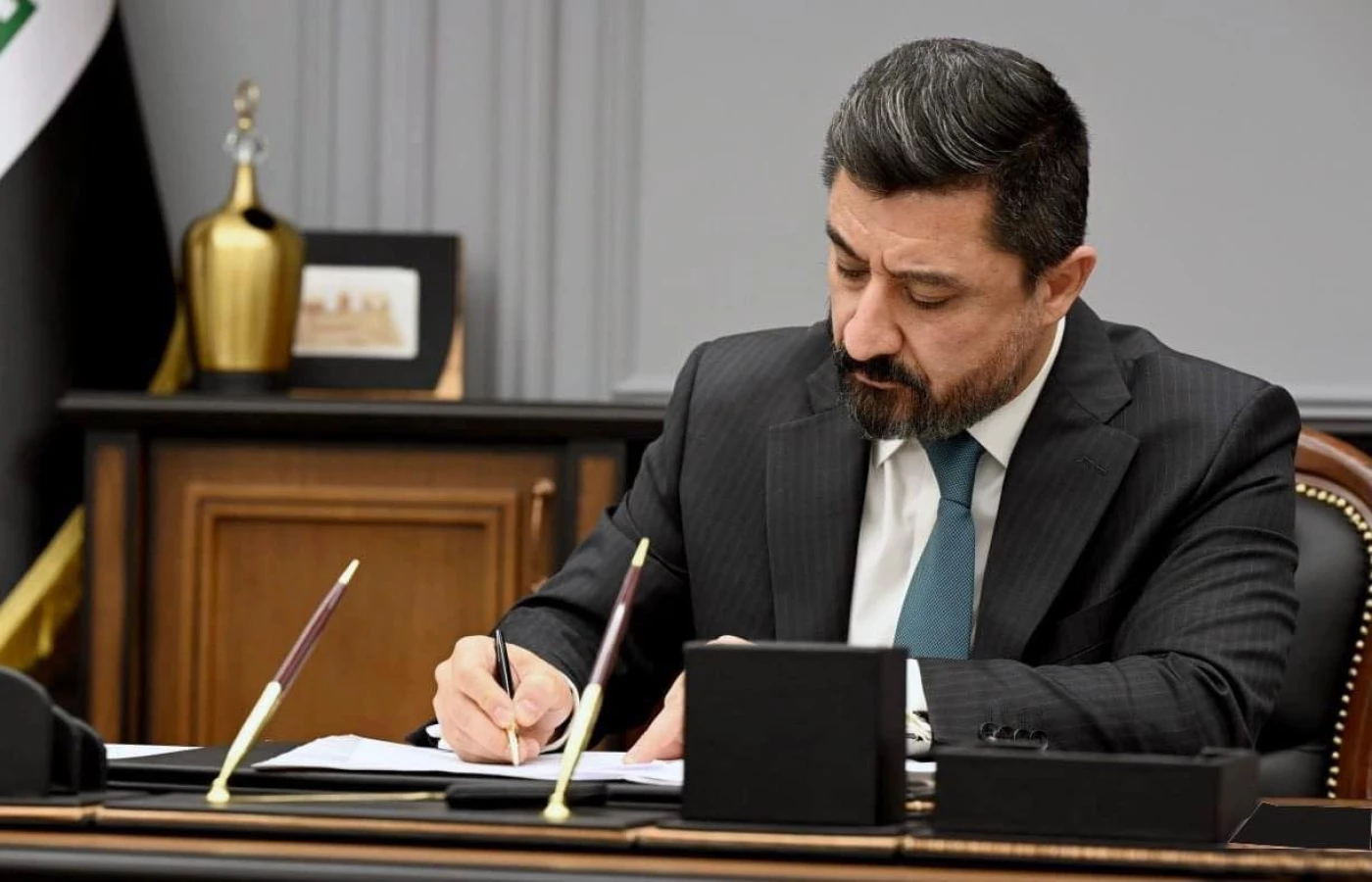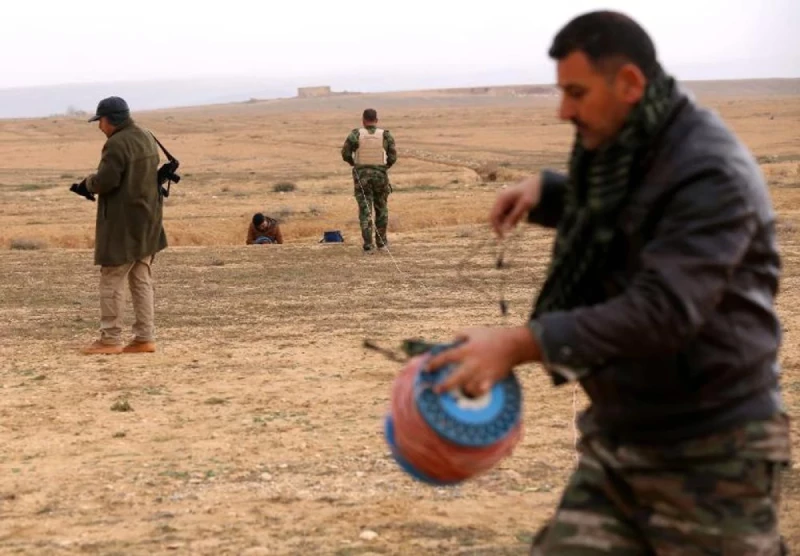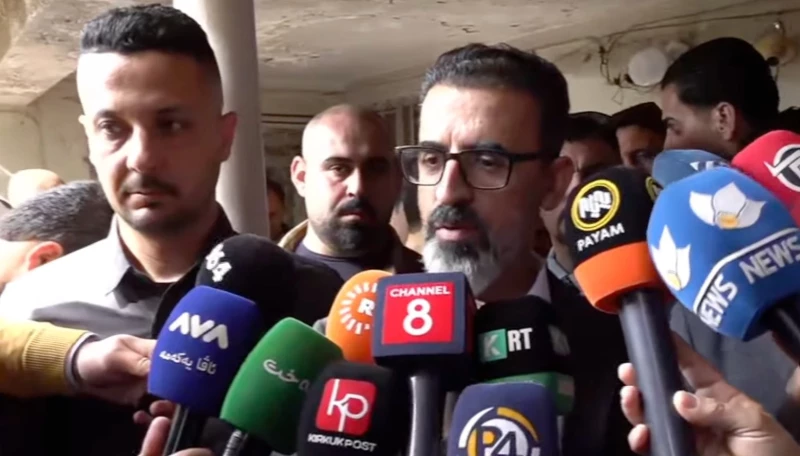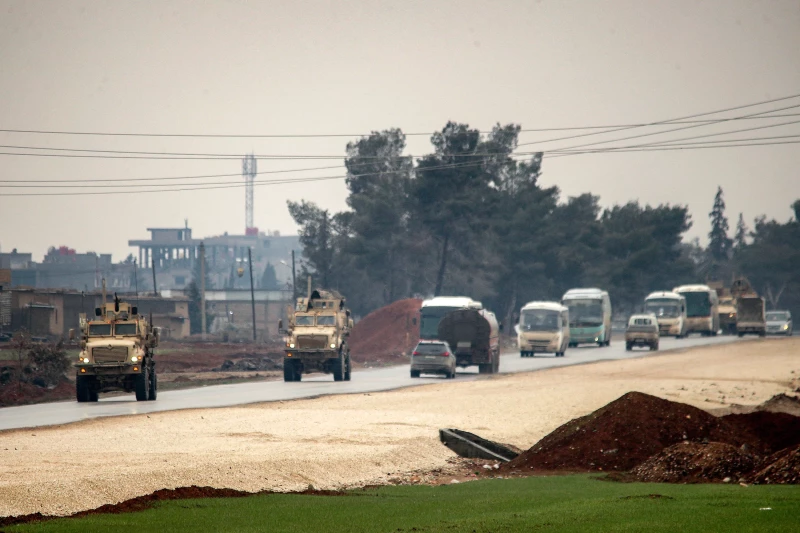Iraqi justice Minister Khaled Shwani announced Friday measures to combat corruption, including installing security cameras in real estate registration offices throughout Iraq.
In an interview with Iraqi state media, Shwani detailed proposed efforts to eliminate middlemen from entering offices and lifting reservations on important properties. Additionally, he revealed plans to begin issuing electronic deeds to citizens in Baghdad, reinforcing the government's commitment to eradicating corruption in judicial departments.
Shwani also addressed the resolution of delays in releasing prisoners whose sentences have been served, along with procedures to facilitate release without bureaucracy.
He explained the mechanism for conditional release, and confirmed the application of a plan to expand prisons and reduce overcrowding.
He also discussed proposals for alternative punishment laws to reduce overcrowding, while announcing that Iraq had received a positive assessment from the United Nations for its human rights commitments.
The justice minister emphasized the Iraqi Prime Minister's personal involvement in monitoring the human rights situation in prisons. "The government's aim is for correctional departments to focus not only on punishment but also on reforming and rehabilitating inmates," he said.
Shwani highlighted the establishment of a shared database to resolve delays in releasing prisoners whose sentences have ended, avoiding bureaucracy. "A contract has been signed for an electronic system called the Inmate Management System, and coordination with the judiciary regarding conditional release is ongoing," he noted.
Addressing the issue of prison overcrowding, Shwani revealed it has reached 300%. "The current government is the first to announce these figures," he said. He added that the State Council is finalizing reviews of the draft law on alternative punishments and measures, which will address many cases of overcrowding.
"We are working on a program to expand prisons and reduce overcrowding by 200%," Shwani explained. He promised that by the end of 2025, Iraq would have prisons with capacities that meet human rights standards.
While there are comprehensive statistics on those convicted of terrorism, Shwani refrained from disclosing the numbers. "We have many convicts on corruption and other charges," he added. He also mentioned that VIP prisons with special halls and rooms for certain convicts are no longer in use.
Shwani highlighted Iraq's timely submission of reports on international human rights commitments, which led to a positive assessment. He announced that on Aug. 14, Iraq will discuss with the United Nations in Geneva the report on the Convention for the Protection of All Persons from Enforced Disappearance and the fight against all forms of racial discrimination.
He criticized the US State Department's report on human rights in Iraq for relying primarily on social and other media, promising to present accurate evidence, numbers, and statistics regarding the human rights situation and government measures.



 Facebook
Facebook
 LinkedIn
LinkedIn
 Telegram
Telegram
 X
X


